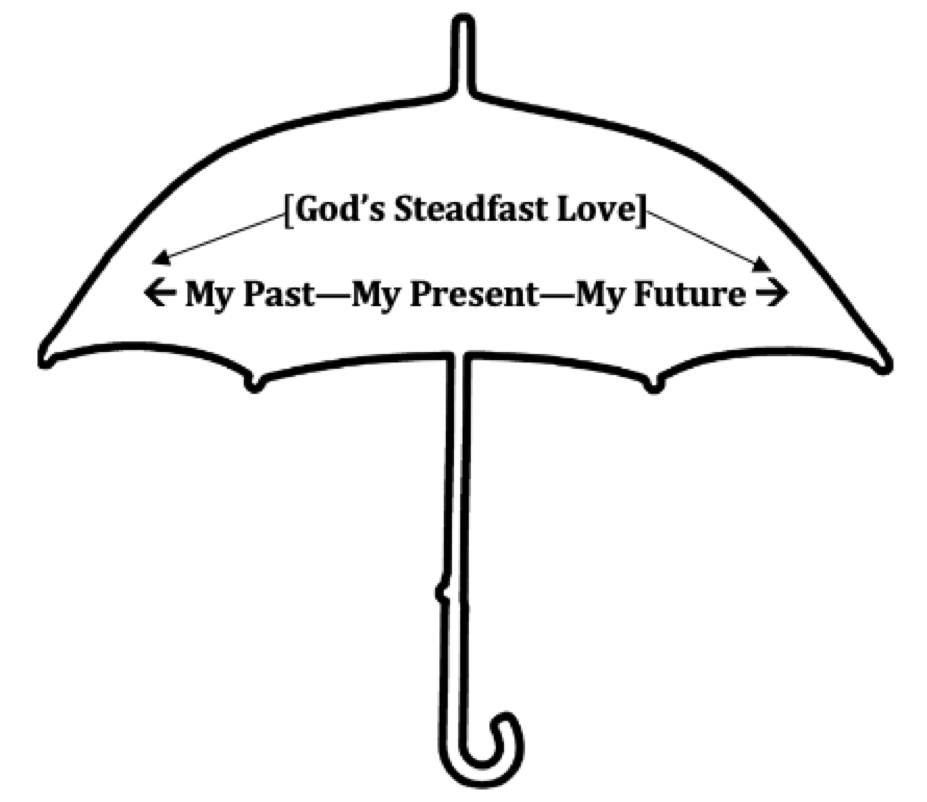Unique times in our country call for unique ways to serve others. Had this been written last year at this time, I probably would have approached the issue from an entirely different viewpoint; but times have changed in the last few weeks. America looks different today and probably will continue to look somewhat different for the next few months. How can we thoughtfully serve others in a time of quarantine?
My mind keeps racing back to the myriad of proverbs reminding believers of the importance of encouraging words.
Proverbs 12:25 - “Anxiety weighs down the heart, but a kind word cheers it up.”
Proverbs 12:18b - “…the tongue of the wise brings healing.”
Proverbs 16:24 - “Gracious words are a honeycomb, sweet to the soul and healing to the bones.”
Proverbs 25:11 - “A word fitly spoken is like apples of gold in a setting of silver.”
Here, my friends, is our solution. It lies in our words. Our words can transcend all of the current boundaries put in place and can even heal some of the frustration and hurt the boundaries have caused. The best part is that in 2020 we have more ways than ever to get our words of encouragement, blessing, hope, and help to those who need them.
Phone calls - The easiest way to share words of encouragement comes from a good, old fashion phone call (or modern FaceTime). Make a plan to call at least one person a day and check up on them. Think of those who the Lord has placed in your sphere of friendship or influence. Reach out to them, check on them, and graciously share words of truth with them.
Text messages - For anyone born after 1990 the text message may receive a reply before any phone call gets answered. Texts are a great way to send a quick reminder of care, Bible verse, or word of appreciation or encouragement. In just a few minutes you can easily encourage a handful of people.
Social media comments - Different forms of social media now span vast age ranges of people. A kind comment on Facebook, Instagram, or a half dozen evolving social media platforms may resonate as loudly as a phone call.
Letter - Remember the postal service? It seems like nowadays the only thing we find in our mailboxes are bills or political junk mail. In days gone by people use to actually take the time to write and fold letters, put a stamp on them, and take them to the Post Office. Just like antiques are loved and appreciated for their age, sending an actual letter can be more rewarding than many of its modern equivalents.
The means of encouragement is never as important as the act itself. Find ways and reach out. Reflect Christ’s love to others. You may never know the struggle another person is facing until you use words to remind them of the goodness of God. “Therefore encourage one another and build each other up…” (1 Thessalonians 5:11).
Pastor Ken Kistler

